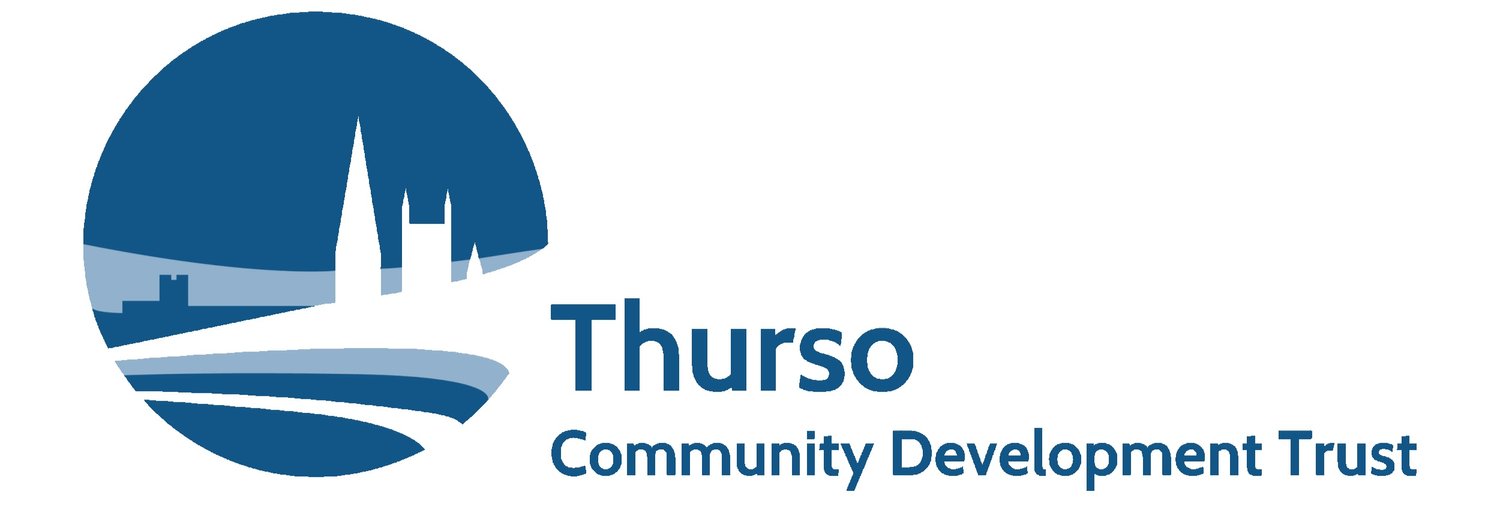We WANT to talk about inclusivity!
We WANT to talk about inclusivity…
In our last blog our co-organiser Kirsteen Campbell talked about the condition endometriosis, read it here. In this blog we’d like to talk about how a conversation with Kirsteen about endometriosis lead to our wonderful inclusive festival.
It started with a chat about endometriosis and how difficult a condition it can be to live with and quickly moved onto other conditions and things that affect women in general. As three cis-gender women having a chat about this, we could think of loads of topics that we wished were discussed more openly and without stigma, from period pain to menopause and the way women have been treated historically (hello – and hopefully goodbye – “hysteria”) right up to present day where lots of people don’t even know how the symptoms of a heart attack present in women compared to men, read more about that here.
Men’s health is of course equally important and we’ll go into more detail on that in a blog post coming soon. The thing is, there are shocking facts and statistics about the ways in which women’s health has been overlooked and not taken seriously for centuries!! So, we felt that now more than ever we need an event dedicated to the health of those who aren’t considered and included in a lot of ways in society. This of course lead us to think about trans, non-binary and gender non-conforming people and how they are overlooked even more.
If someone is a trans man, they are potentially still experiencing periods for example. A more inclusive way to talk about periods then is to say things like “people who get periods” and “those who have wombs”. It’s such a simple change to make that suddenly doesn’t leave out a whole group of people. We’re all human and might forget to make this small change from time to time but most people appreciate the effort and with a bit more time of practicing saying it, it starts to come more naturally.
Another example of inclusivity is where someone who is non-binary has a chest which should be regularly checked for lumps and changes. So instead of saying that women should check their breasts for signs of breast cancer you might say something like “people should check their chests/breasts for signs of breast cancer”. It doesn’t mean you’re not allowed to say “women” anymore, it’s just about having a think about who you’re wanting to get your message across to and what words and phrases will make them feel included in the discussion.
Being inclusive is not about trying to erase a person’s identity as a man or a woman, it’s about respecting that for some people they don’t feel the binary terms of man and women represent how their body feels. So, listening to and learning from those people you can add a couple more terms into your language and not leave anyone out. If it’s something you’d like to know more about there are some brilliant resources here.
Inclusivity to us, also means including disabled people, neuro-atypical people, all races and faiths. We have tried really hard to make sure that everyone can see information that represents them in some way. This has been tricky up in our wee corner of the world, we have a majority white population who are historically Christian or non-religious. So, organisations who are specifically aimed at people of colour and people who are Muslim, Jewish and much more, are based down in the central belt or even further afield. We’ve reached out to lots of organisations but unfortunately a lot of them are not able to travel up so far or the timing isn’t right. For example, one organisation who supports Muslim women, who were hugely supportive of the festival, pointed out that the festival lands while they are fasting for Ramadan so it wouldn’t be practical for them to travel so far during this time. That’s something we will take into consideration for future events where we want Muslim women to see representation.
Although we aren’t able to have all the organisations and information at the festival to represent all women, trans, non-binary and gender non-conforming people, we want to make it clear that we see you and you have not been forgotten in our planning and are so very welcome to the festival!
If you have a specific question on inclusivity that’s not been covered here, or want to enquire about how you are being represented, we would love to hear from you. Leave a comment below or email zoe@thursocdt.co.uk which will be treated in confidence.

